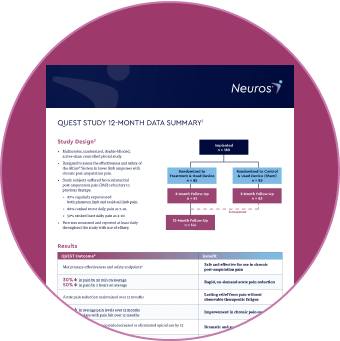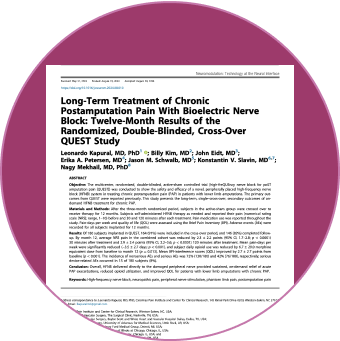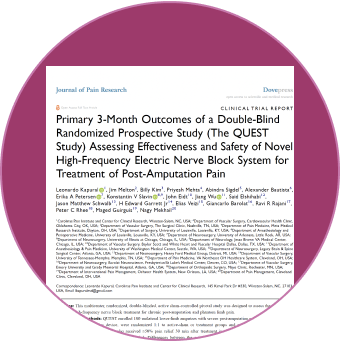Powerful relief.
Proven results.
The Altius System was evaluated in the multicenter, randomized, double-blinded, active-sham controlled pivotal study called the QUEST study1. It was designed to assess the effectiveness and safety of the Altius® System in lower limb amputees with chronic post-amputation pain. Study subjects suffered from substantial post-amputation pain refractory to previous therapy. The key results are summarized below.
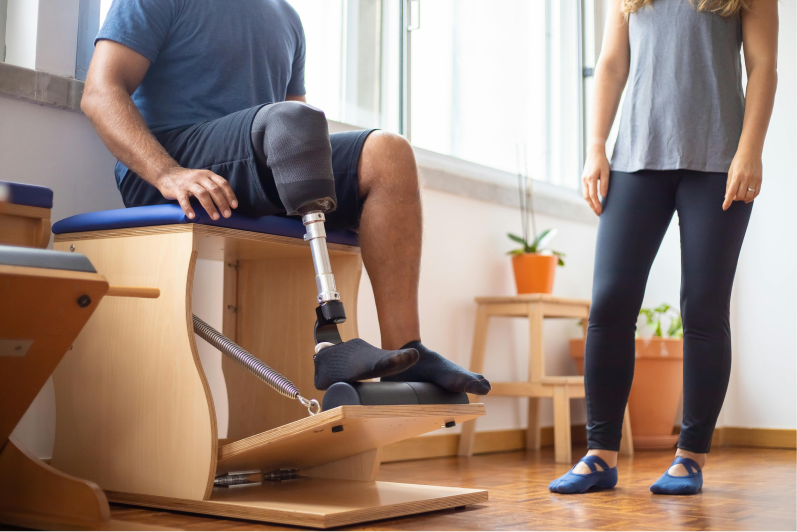
Rapid, On-Demand Acute Pain Reduction
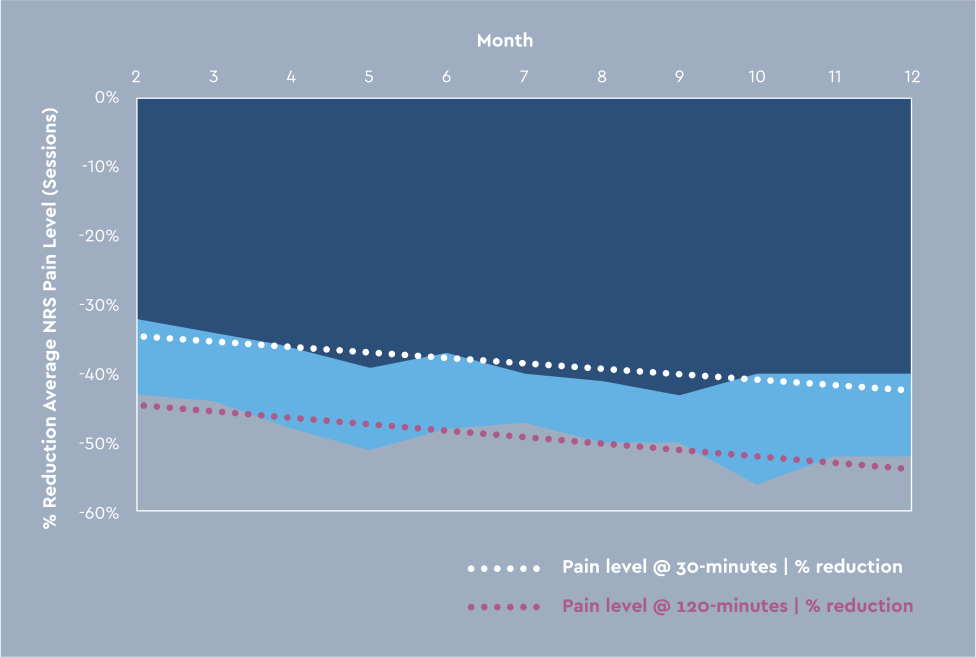

30% Pain reduction 30 minutes after initiating treatment.

50% Pain reduction 120 minutes after initiating treatment.

Continued relief through 12 months with no observable therapy fatigue
Lasting Relief and Improvement in Chronic Pain
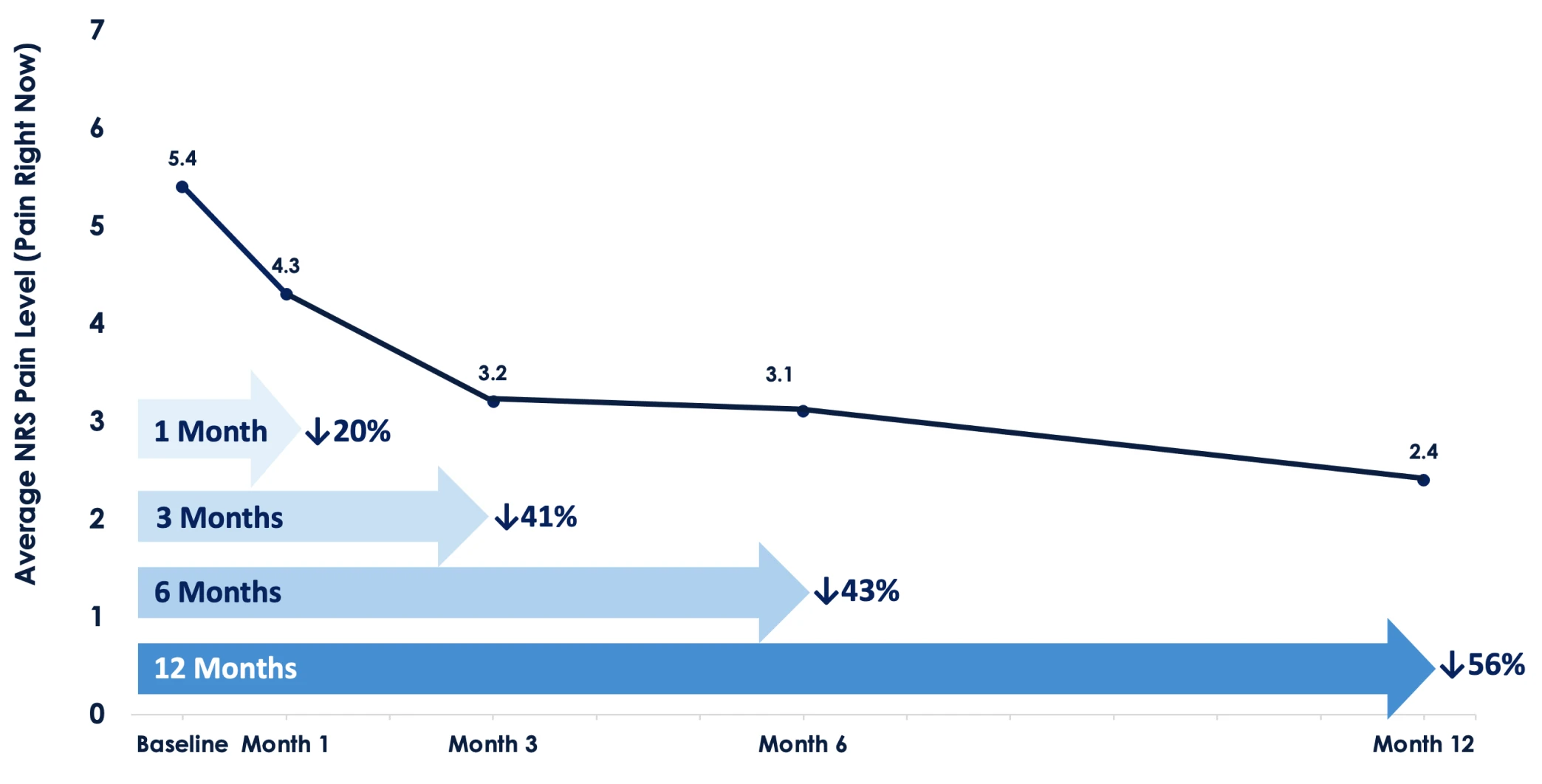

30% Reduction in basal pain levels with 12 months of treatment*

50% Fewer days per week with moderate or severe pain (NRS >4)
*Chart represents data from subjects initially randomized to the treatment arm, as control arm did not receive a full 12 months of treatment.
Meaningful Impact on Patient Lives
81% Decreased Opioid Use**
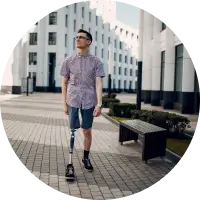
70% cut their opioid use by 25% or more

54% achieved 50% or more decrease

35% stopped taking opioids altogether
45% Improvement in Quality of Life (QOL)
(Brief Pain Inventory Measures)
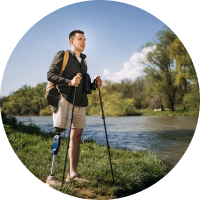
44% increase in walking ability
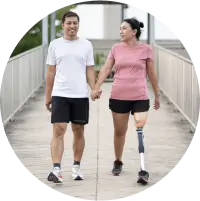
48% improvement in relationships

40% improvement in ability to work
**Opioid use outcomes reflect results from subjects who reported taking opioids at baseline.
Download Full Clinical Papers and Summaries
1. Kapural L, Kim B, Eidt J, et al. Long-term treatment of chronic post-amputation pain with bioelectric nerve block: 12-month results of the randomized, doubled-blinded, crossed-over QUEST study. Neuromodulation. 2024. FDA Trial NCT02221934.
Indications for Use: The Altius® Direct Electrical Nerve Stimulation System is indicated as an aid in the management of chronic intractable phantom and residual lower limb post-amputation pain in adult amputees.
Contraindications: The Altius System is contraindicated for patients who are: Unable to operate the system or Unsuitable for the Altius implant surgery.
Warnings/Precautions: Use as indicated and instructed. Diathermy should not be used on patients with the Altius System, or any of its components, either as a treatment for a medical condition or as part of a surgical procedure. Electromagnetic interference (EMI) is a field of energy generated by equipment found in the home, work, medical, or public environments that is strong enough to interfere with Altius System function. The electrical pulses from the Altius System may interact with the sensing operation from a cardiac device and could result in an inappropriate response of the cardiac device; physicians involved should discuss the possible interactions between the devices before surgery. Safety and effectiveness of the Altius System for pediatric use and for pregnant patients has not been established. Surgical complications and adverse events may be more frequent and severe in diabetic patients. Safety of MRI/NMRI with an implanted Altius System has not been evaluated. Patients implanted with the Altius System, or any of its components, should not be subject to MRI/NMRI. See Instructions for Use for detailed information regarding the procedure(s), indications, contraindications, warnings, precautions, and potential adverse events before performing the Altius procedure. For more information and to view full Instructions for Use, visit www.neurosmedical.com.
Although FDA has determined that the probable benefits outweigh the probable risks, there remains some uncertainty regarding the manufacturer’s human factors engineering (HFE) and usability engineering (UE) analysis and validation testing. As a condition of approval, FDA is requiring the manufacturer to provide an HFE/UE analysis and validation testing and recommending that this analysis and testing is designed using the FDA’s 2016 guidance document “Applying Human Factors and Usability Engineering to Medical Devices” (https://www.fda.gov/media/80481/download).
This information is provided for educational or informational purposes only and should not be considered medical advice or a directive for clinical practice. This information does not guide specific patient treatment decisions. Neuros Medical does not recommend or endorse any particular course of treatment or medical choice. Healthcare professionals are advised to base their clinical decisions on their professional judgment and patient-specific factors.
Rx Only.
